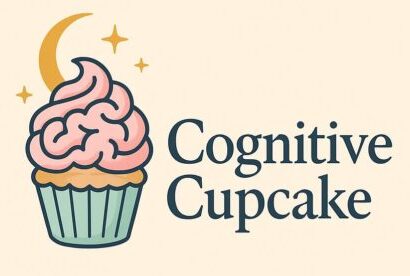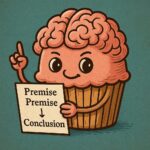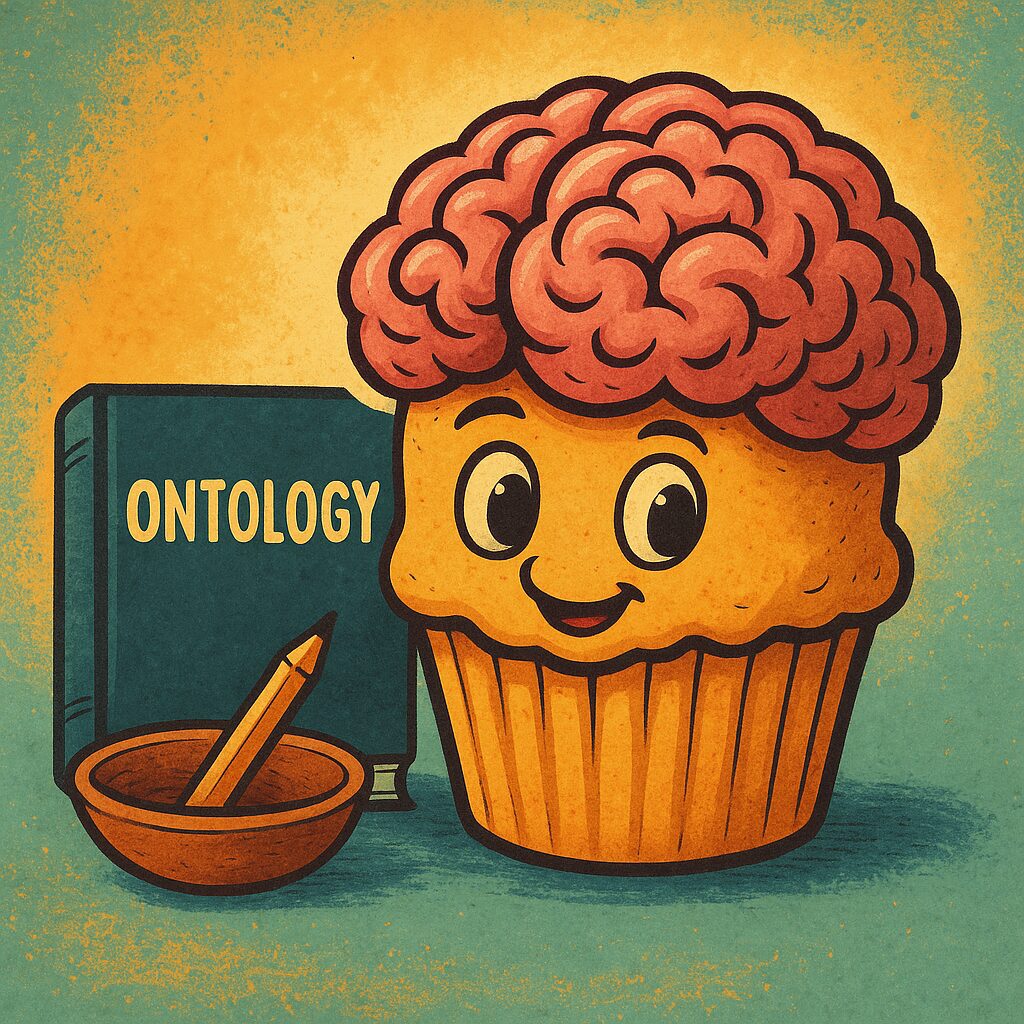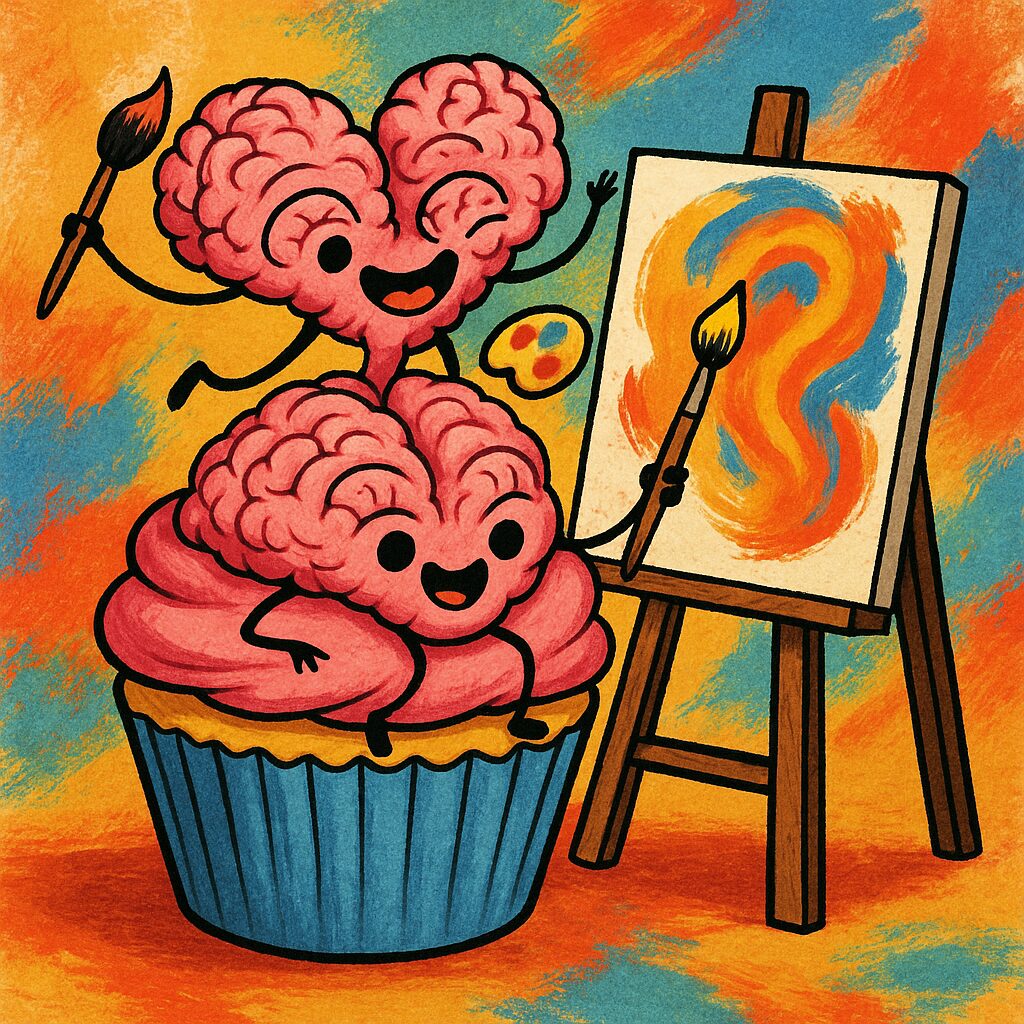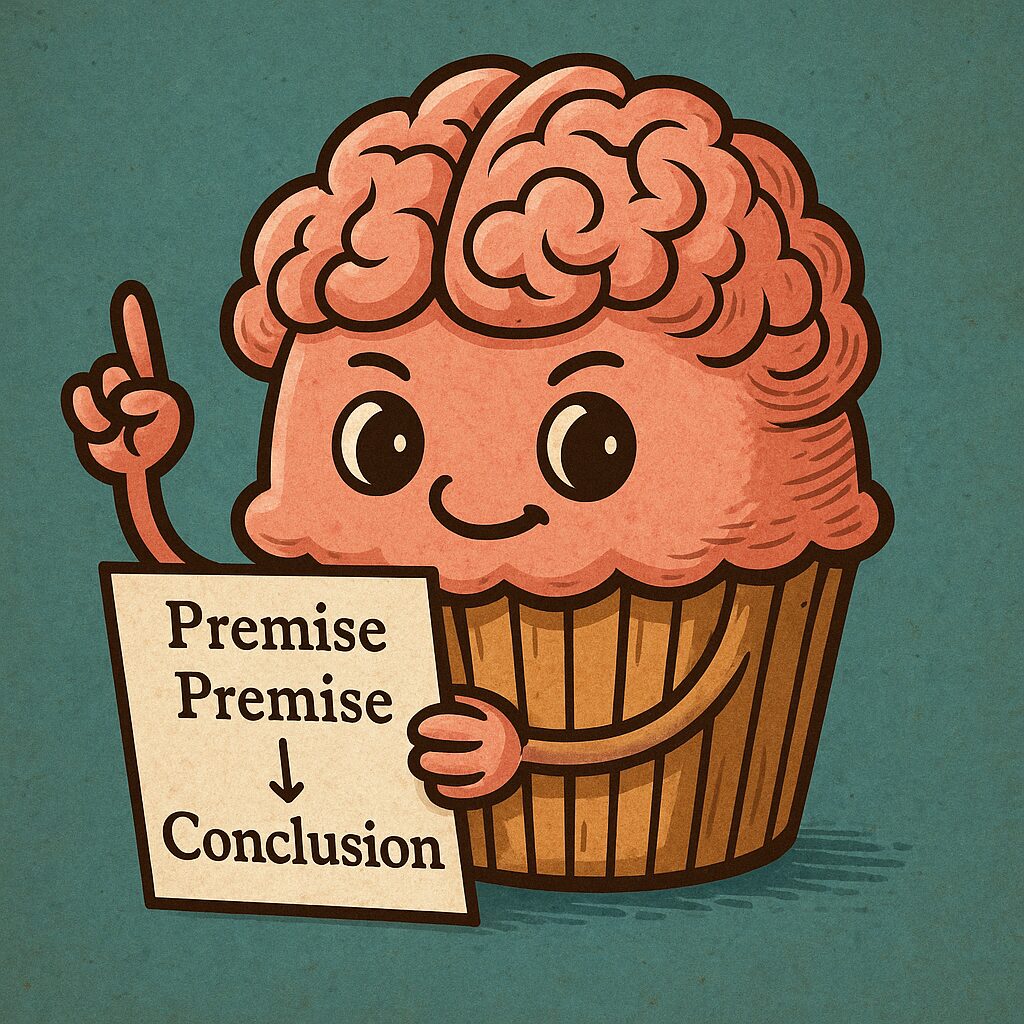
In everyday conversation, morals and ethics are often used interchangeably—but for philosophers they occupy distinct realms. Morals are an individual’s own principles regarding right and wrong, usually rooted in personal, cultural, or religious beliefs. Ethics, by contrast, is the systematic study of these moral principles: it asks, “What makes an action right or wrong?” and provides structured frameworks for evaluating conduct in diverse contexts.
The Landscape of Moral Ideologies
Moral Realism
Moral realists maintain that moral statements (e.g., “Stealing is wrong”) correspond to objective facts about the world—facts that hold regardless of human opinion. This view dates back to Plato and was revived in contemporary philosophy by G.E. Moore, who argued that “good” is a non-natural property irreducible to any naturalistic terms (Moore 1903)^[1].
Moral Relativism
Contrary to realism, moral relativists contend that moral truths depend on cultural, societal, or individual perspectives. What is “just” or “permissible” in one community may be taboo in another, with no overarching standpoint to adjudicate between them. Ruth Benedict’s anthropological studies in the 1930s underscored this variability, showing diverse codes of conduct across societies (Benedict 1934)^[2].
Error Theory
Proposed by J.L. Mackie, Error Theory agrees that moral language purports to describe objective truths—but insists that all such claims are false, since there are no objective moral facts to correspond to them. Mackie famously dubbed the illusion of moral objectivity “the queer, queer thing about the universe” (Mackie 1977)^[3].
Non-Cognitivism
Non-cognitivists (e.g., A.J. Ayer, C.L. Stevenson) argue that moral statements do not express propositions at all but emotional attitudes or prescriptions—saying “Lying is wrong” is akin to saying “Boo to lying!” rather than asserting a fact. This “emotivist” stance dissolves moral debates into clashes of sentiment, not disputes over truth (Ayer 1936; Stevenson 1937)^[4][5].
Constructivism
Constructivists like Christine Korsgaard hold that moral norms are neither discovered nor purely invented but constructed by rational agents through deliberation on what actions they can will consistently. Drawing on Kantian rationality, they bridge the gap between subjectivism and objectivism by rooting ethics in the very process of practical reasoning (Korsgaard 1996)^[6].
Major Ethical Theories
While metaethics explores the status of moral claims, normative ethics prescribes which actions we should take. Key positions include:
Consequentialism
Originating with Jeremy Bentham’s utilitarian calculus and refined by John Stuart Mill, consequentialists evaluate actions solely by their outcomes. The morally right act produces the greatest overall good, typically measured in units of pleasure or welfare (Mill 1863)^[7].
Deontological Ethics
Immanuel Kant argued that moral worth depends not on outcomes but on performing one’s duty out of respect for the categorical imperative: act only on maxims you can will as universal law. This formal, rule-based approach treats certain acts (e.g., lying, breaking promises) as intrinsically impermissible (Kant 1785/1998)^[8].
Virtue Ethics
Dating to Aristotle’s Nicomachean Ethics, virtue ethicists focus on character rather than discrete acts. The good life is one of eudaimonia—flourishing—achieved by practicing virtues like courage, temperance, and wisdom until they become ingrained dispositions (Aristotle c. 350 BC/2009)^[9].
Contractualism
John Rawls modernized social contract theories by asking us to choose principles of justice behind a “veil of ignorance,” unaware of our own social position. Contractualists hold that moral rules are those that no one could reasonably reject, grounding ethics in fair agreement (Rawls 1971)^[10].
Ethics of Care
Carol Gilligan and Nel Noddings criticized abstract, rule-based ethics as neglecting relational and contextual dimensions. Care ethics emphasizes empathy, responsiveness, and the moral importance of nurturing relationships—arguing that justice alone cannot capture the fullness of moral life (Gilligan 1982; Noddings 1984)^[11][12].
Conclusion
From Plato’s Forms to 21st-century feminist critiques, the study of morals and ethics remains as lively as ever. Whether you side with moral realism or find solace in the ethics of care, these frameworks offer tools to dissect our convictions—and maybe inspire a savory slice of introspection (and cake).
Disclaimer: This article was generated with AI.
References
- G. E. Moore, Principia Ethica, Cambridge University Press, 1903.
- R. Benedict, Patterns of Culture, Houghton Mifflin, 1934.
- J. L. Mackie, Ethics: Inventing Right and Wrong, Penguin, 1977.
- A. J. Ayer, Language, Truth, and Logic, Dover Publications, 1946.
- C. L. Stevenson, Ethics and Language, Yale University Press, 1947.
- C. Korsgaard, The Sources of Normativity, Cambridge University Press, 1996.
- J. S. Mill, Utilitarianism, Longmans, 1863.
- I. Kant, Groundwork for the Metaphysics of Morals, Cambridge University Press, 1998.
- Aristotle, Nicomachean Ethics, translated by Cambridge University Press, 2009 (c. 350 BC).
- J. Rawls, A Theory of Justice, Harvard University Press, 1971.
- C. Gilligan, In a Different Voice, Harvard University Press, 1982.
- N. Noddings, Caring: A Feminine Approach to Ethics & Moral Education, University of California Press, 1984.
